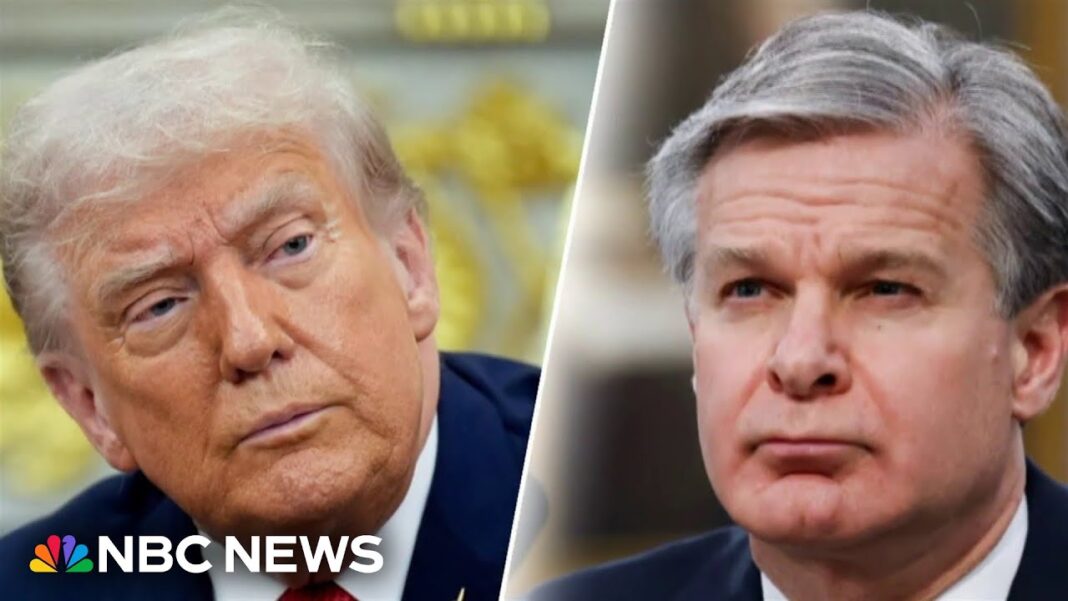‘Our movie making business has been stolen from the United States of America,’Trump said on social media.
President Donald Trump announced on Sept. 29 that he will impose a 100 percent tariff on all movies produced outside the United States.
In a Truth Social post, Trump said that foreign markets are stealing America’s movie-making industry, requiring a hefty levy to reverse the trend.
“Our movie making business has been stolen from the United States of America, by other Countries, just like stealing ‘candy from a baby,’” the president wrote on the social media platform.
Trump said the California market has been hit the hardest.
“Therefore, in order to solve this long time, never ending problem, I will be imposing a 100% Tariff on any and all movies that are made outside of the United States,” the president stated.
It remains unclear when the new tariffs will be introduced or how they will be imposed—whether distributors or producers will face the import duties. It is also uncertain how this tariff would impact recent trade agreements.
The U.S.–EU trade deal, for instance, contains provisions that would cap new tariffs at 15 percent.
Shares of Netflix rose about 0.4 percent, while Disney and Amazon stocks climbed around 0.7 percent. Warner Bros Discovery dropped nearly 1 percent, while AMC surged more than 3 percent.
Foreign Market Incentives
This past spring, Trump warned in a May 4 Truth Social post he would implement similar measures, writing that foreign governments were using various “incentives to draw our filmmakers and studios away from the United States.”
“This is a concerted effort by other Nations and, therefore, a National Security threat,” he added, noting that America’s messaging power is being affected. He then said he was directing the Department of Commerce and the U.S. Trade Representative “to immediately begin the process of instituting a 100% Tariff.”
“We want movies made in America, again!” he concluded.
While the Golden State, particularly Los Angeles, remains the leading hub for film, television, streaming, and commercials, other cities—at home and abroad—have eroded its dominance.
For years, foreign markets have drawn film production away from the United States through a broad array of government incentives and strategic infrastructure investments.
By Andrew Moran








